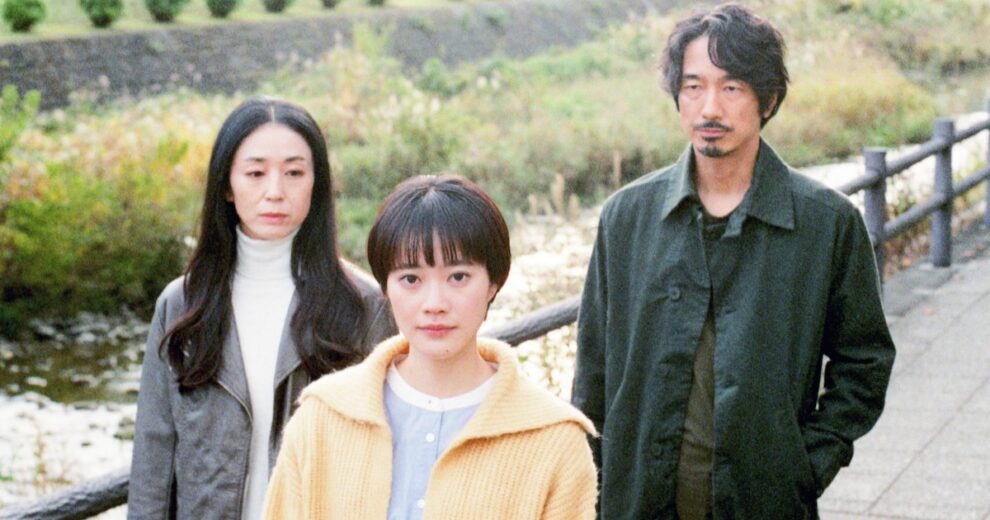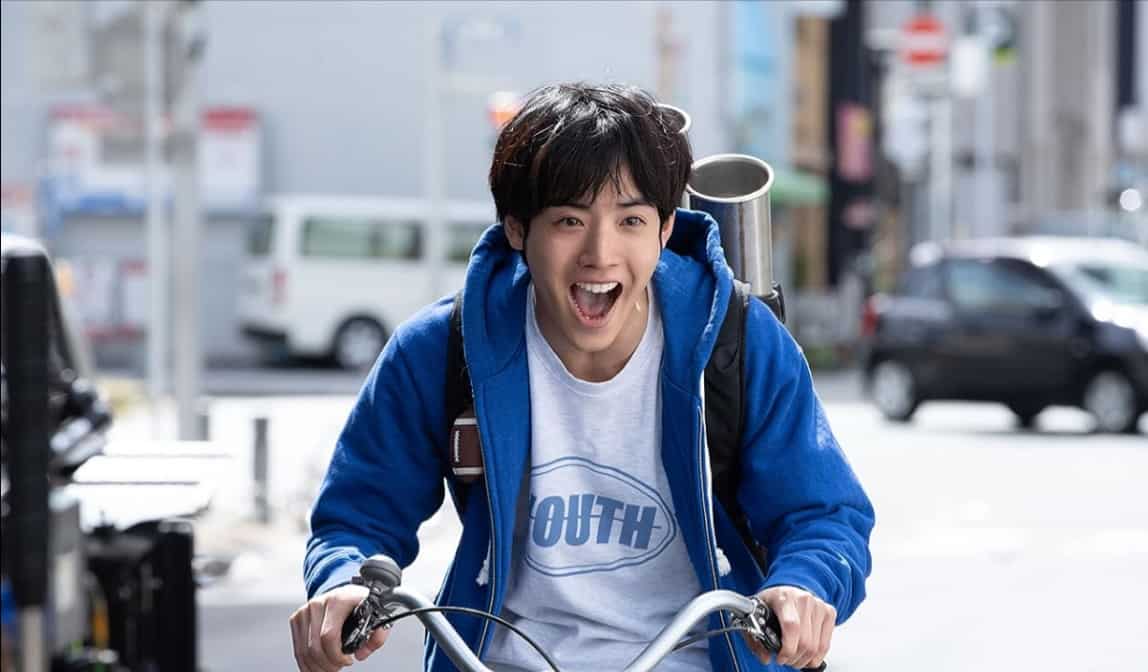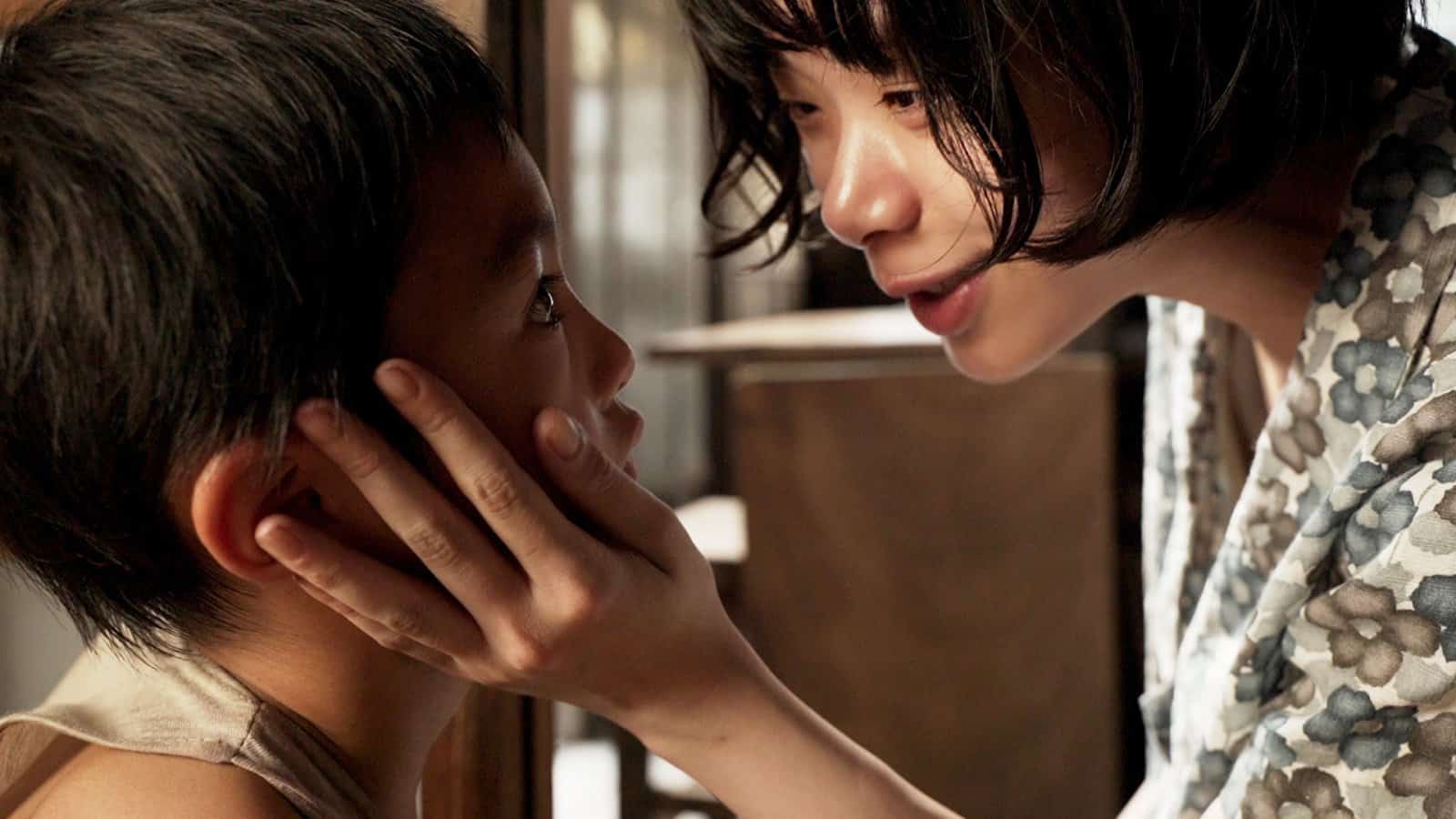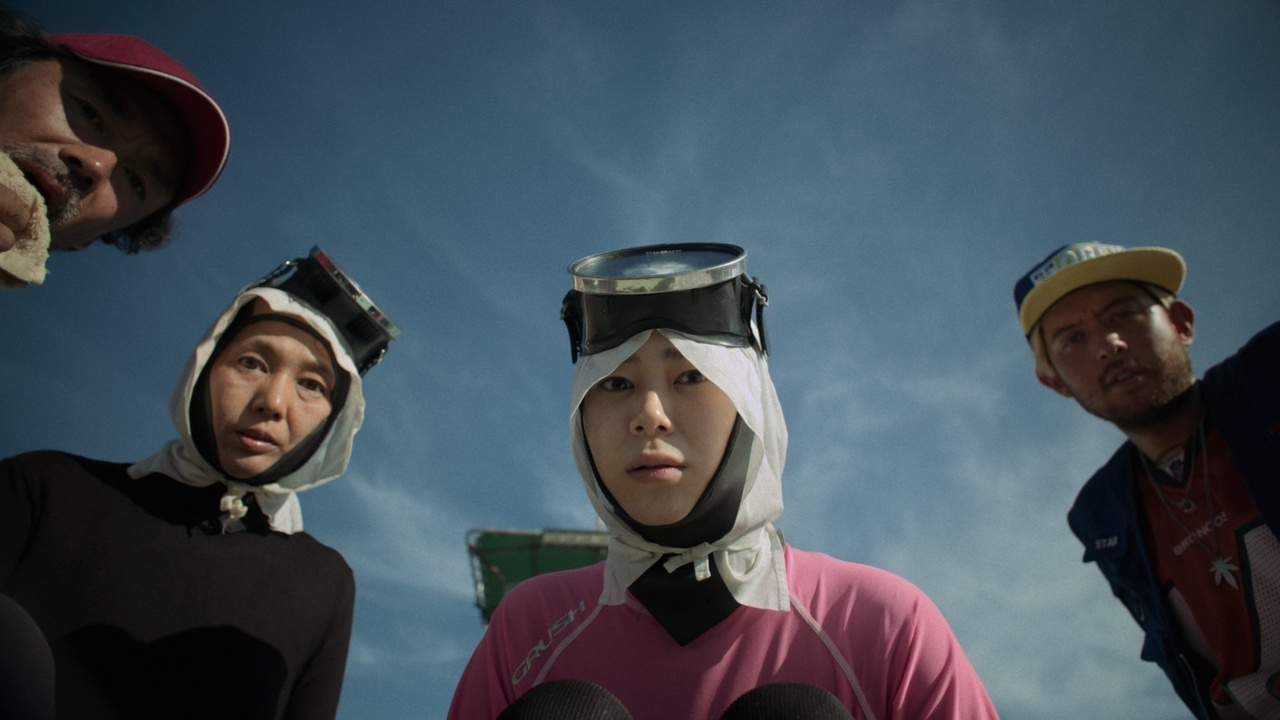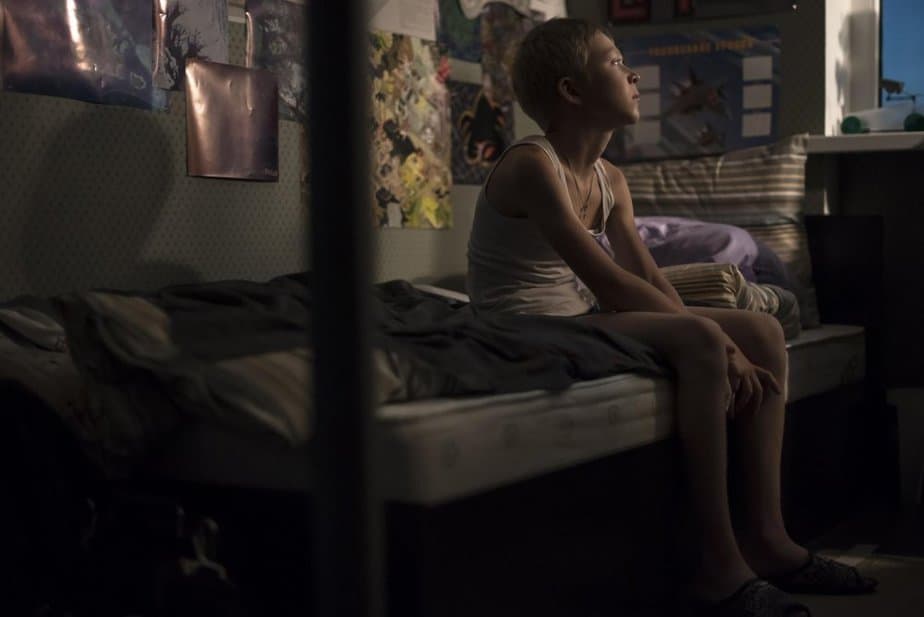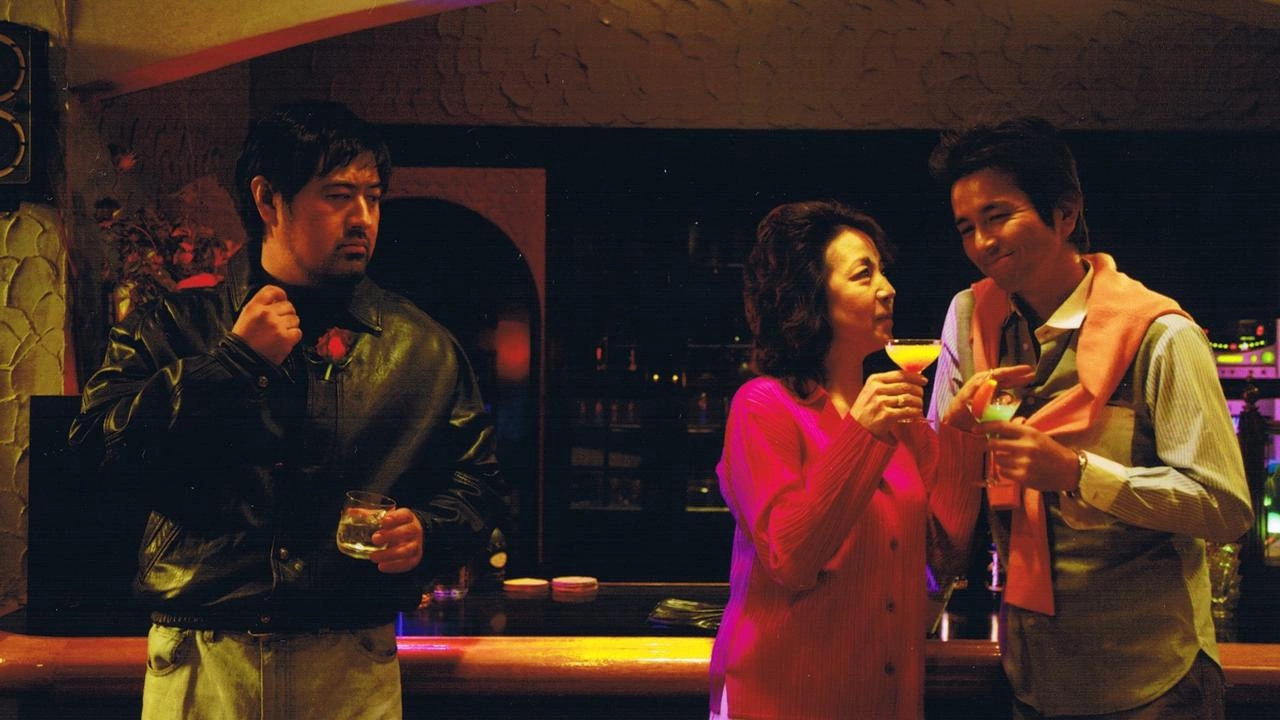Kyoshi Sugita is a name the international festival-going audience became aware of since his debut “A Song I Remember” (2011), but the true break-through came with his much anticipated ” Haruhara-san's Recorder” (2021). In his contemplative, gentle drama “Following The Sound” about three people's different ways of dealing with grief, there is a lot of following in its most literal sense, and the sound may just be a part of it all, but it still leads the way. As a proper introduction, the film kicks off with a scene in which the main character Haru (An Ogawa) gets emotionally transported to her past by listening to the recording of burbling water, and that particular tape will remain a key to maintain her connection with the past, and making her ready ready to connect other dots.
“Following the Sound” in Venice International Film Festival
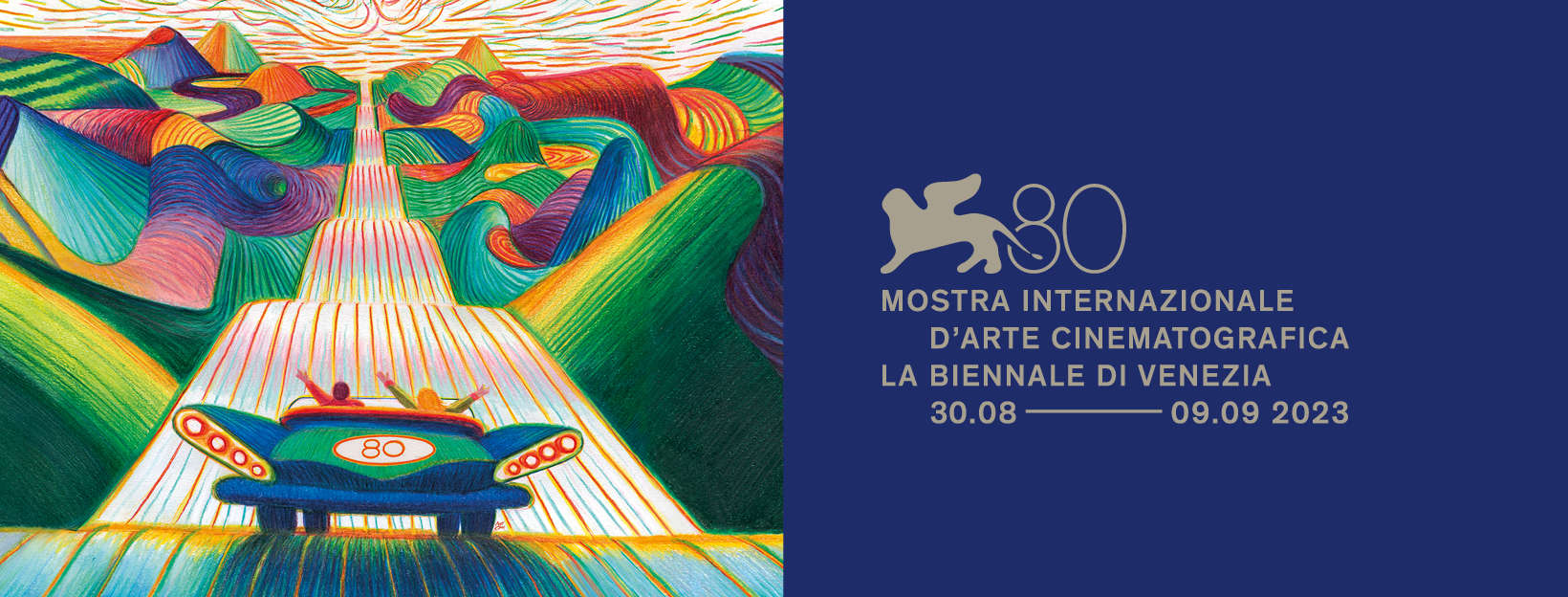
With his fourth feature that premiered in Venice Film Festival's Giornate Degli Autori competiton programme, Sugita continues his tradition of making small things in his protagonists' lives coming into focus and turning them into a poetic cinematic language that make the actual plot almost secondary. The venture itself becomes the driving force of the film with the Japanese helmer's signature use of sound to create rather an acoustic than physical setting to steer the story. If the dive into it initially brings confusion regarding Haru's intentions (following people is a creepy business indeed regardless if you know them or not), the genuine curiosity to find out why is kept alive through the ways the contacts get established. The magic of Sugita's approach to the script (that came to him through his producer) is to penetrate the protagonists' minds and project them on screen without speaking them out. This is achieved through slightly opening doors into their personal lives and peeking to observe their daily routines: how they work, commute or eat. And even if dining becomes a significant factor in bringing people together, the stories told do not bring serious topics on the table, as they are actually served as finger food for tightening relationships instead.
Check also this interview
Developing and penning the script based on the idea presented to him, Sugita was pro-actively working on the film with An Ogawa (Tatsunari Ota's Berlinale contender “There is a Stone” and Ryusuke Hamaguchi's short “Heaven Is Still Far Away”) creating the character of Haru whose life was marked by the passing of her mother when she was a teenager. He quotes his two-decade long experience of giving workshops to the elderly people in collaboration with an art museum in Tokyo as inspirational for shaping characters who feed on their memories. When given room to handle the camera in order to recreate a certain situation in their lives, he says, the elders never had a doubt how to handle it.
Completely in this spirit, the cinematographer Yukiko Iioka's calm, steady camera concentrates on people, allowing small details coming into frame as if to remind us that there is something else out there we should be aware, and appreciative of. But both him and Sugita seem to be more interested to see what happens by chance than calling for shots, and this results in a beautiful, authentic interplay between all actors involved in the film.
Stepping out of the comfort zone is also something the Japanese director is eager to address as essential in the healing process, and by establishing the bond between three deeply emotionally scarred people who find solace in each other he does exactly that. When Haru approaches Yukiko (the amazing Yuko Nakamura) under the pretext that she can't find a ‘delicious' diner recommended to her, there is an immediate bond between two women who carry the heavy burden of suffering on their shoulders. Likewise, in a seemingly unjustified stalking business of hers, after she's been tailing middle-aged man Tsuyoshi (Hidekazu Mashima), this turns out to be a giving, beautiful exchange of painful experiences with a healing factor.
“Following The Sound” is a small marvel of a film that makes us slow down, listen and follow the tunes of life.


